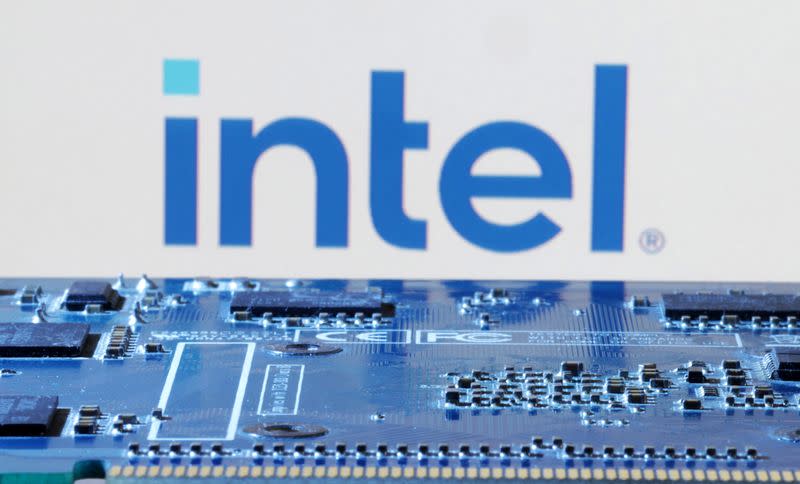Top US chipmakers Intel and AMD could lose billions in sales if China blocks further use of their chips and servers in government computers, analysts said on Monday.
The Financial Times reported on Sunday that Beijing had quietly introduced guidelines in late December that are likely to phase out use of microprocessors from Intel and Advanced Micro Devices (AMD).
China is ramping up a campaign to replace foreign technology with homegrown solutions, it said, and added that it also wants to sideline Microsoft’s Windows operating system and foreign-made database software in favour of domestic options.
ALSO SEE: CATL in Talks With Tesla on Battery Tech Licence in US: WSJ
Beijing been trying to reduce its reliance on foreign firms by expanding its domestic semiconductor industry as it grapples with US export curbs on technology including cutting-edge chips.
The latest move could make a big dent on the chip firms’ earnings as China was Intel’s largest market in 2023 with 27% of revenue, while AMD drew about 15% of its sales from the country.
Microsoft does not break out its revenue from China.
“A total cessation of China governmental purchases of Intel and AMD CPUs might impact revenue by low-single digits,” Bernstein analyst Stacy Rasgon said, predicting a hit of up to $1.5 billion for Intel and a few hundred million dollars for AMD.
But he said Intel could face a higher hit to its profit – of mid-single digits to low-double digits, “given higher exposure and the vagaries of a worse cost structure”.
Intel declined to comment, while AMD and Microsoft did not respond to requests for comment. Shares of Intel fell 1.6% and Microsoft 1% in afternoon trading, while AMD reversed early losses to trade marginally up.
China’s industry ministry issued a statement in late December with three separate lists of central processing units, operating systems and centralized database deemed “safe and reliable” for three years after the publication date, all from Chinese firms, checks by Reuters showed.
Apple has also been caught up in rising Sino-US tensions, with reports late last year that Chinese agencies and state-backed firms had asked their staff to not bring iPhones to work.
- Reuters with additional editing by Jim Pollard
ALSO SEE:
China Bans Government Computers From Using Intel, AMD Chips: FT
Beijing’s Push to Dump Foreign Tech on Display at China Chip Fair
China’s SMIC May Have Breached US Curbs With Huawei Chip
Global Chip Sector ‘Can Never Return to its Pre-Covid Set-up’
Intel Can Keep Selling Chips to Huawei Despite AMD Protests
China Chipmaker Fujian Jinhua Cleared in US Trade Secrets Case
China Tells State Officials to Stop Using iPhones at Work: WSJ
























